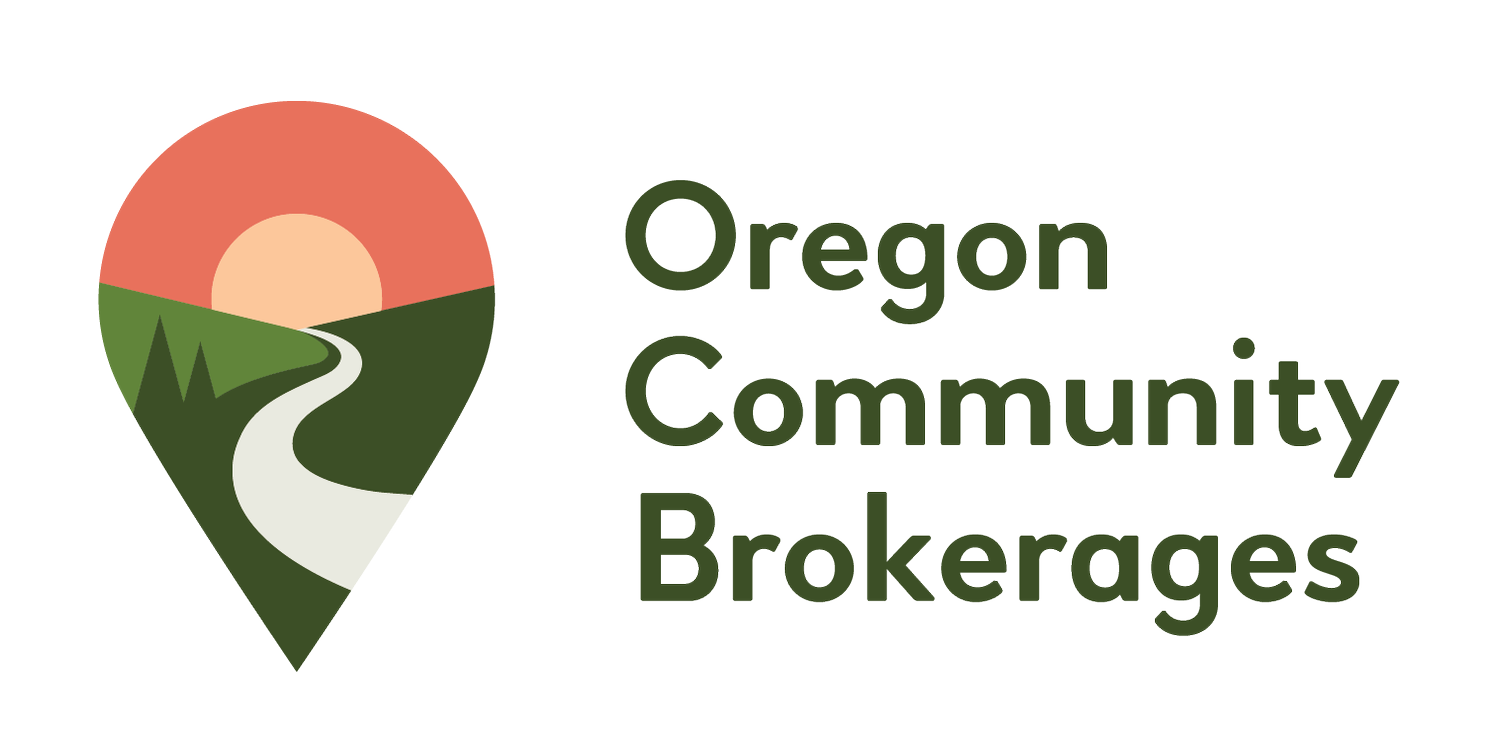Questions Corner: Medical Support in the Time of COVID-19
Many of our usual ways of getting things done have been up-ended by the COVID-19 pandemic. Meeting our medical needs has been affected by our efforts to contain the disease, and the tremendous stress that illness is putting upon our health systems. We've put together some tips and resources to help you nevigate the changing world, and get the help you need.
Do you have additional questions about what services are allowed? Put them in the comments below, or on our Facebook page. We will do our best to get the answers for you in a future post!
Keep the key symptoms of COVID-19 in mind, and be aware of your own health and the health of those around you.
The CDC says: Reported illnesses have ranged from mild symptoms to severe illness and death for confirmed coronavirus disease 2019 (COVID-19) cases. These symptoms may appear 2-14 days after exposure (based on the incubation period of MERS-CoV viruses).
Fever
Cough
Shortness of breath
You can use this self-checker from the CDC to help you evaluate your own symptoms.If you need some basic information about the COVID-19 disease, this is a great resource created by self-advocates to speak to people with IDD. Our friends at Oregon Health Sciences University (OHSU) have done a nice job of compiling resources and links related to COVID-19 for the DD community.
Hope for the best; plan for the worst.
The time to make a plan for what happens if you get sick is right now. We are all working hard to flatten the curve (that is, to lower the rate of infection so as not to overwhelm our medical resources). We all should have hope that we will not contract COVID-19 or that, if we do, we will have access to well-resourced medical care that can save our lives. But the reality is, people will get sick, and some will lose their lives to this disease. What we do now to plan and prepare will make a huge difference in how we manage these difficult decisions, should they come. To be clear, planning and preparing for illness and death is not a request made solely of the DD community--this is a nationwide request of all citizens. As this opinion article from CNN puts it, "social distancing does not mean social isolation; to get through this pandemic, we must prepare, come together, and help one another in the trying times ahead." This means planning for what happens if our caregivers get sick, what happens if our partners get sick, what happens if our children get sick, and what happens if we get sick.But what if you have specific needs around communication, or behavior supports? And what if your usual support team is not able to be by your side, as they normally would? Our member organization Independence Northwest has assembled and adapted some excellent resources to help people with IDD create a plan to keep them safe during hospitalization. Having a way to convey specific needs may be a short-cut that means all the difference in your care and treatment. Knowing who your essential supports are will also help you know what to do if you begin to show symptoms of COVID-19.
Don't go to the ER for anything less than an acute emergency.
If you have had to access a hospital for any reason over the past month, you have likely found that things have changed. Waiting areas are blocked off, protocols for visiting are drastically limited, and hospital staff are lacking in critical supplies and personnel. If you are in the habit of going to the ER for urgent issues, possibly because you do not have a primary care physician, you will not be likely to meet your needs this way during the pandemic.
As this OHA fact sheet from the Oregon Health Authority (OHA) indicates, the medical community is asking Oregonians who have symptoms of COVID-19 to first and foremost, stay home. Do not go straight to your doctor's office or urgent care without contacting them first.
Don't take unnecessary trips out.
Before heading out, it's appropriate to consider: is this worth risking my life over? Is it worth risking someone else's? We are in a very difficult and dangerous time, as a society. Deciding whether to go out and access the community feels like a personal choice, with personal risks and benefits. But, the reality of the COVID-19 disease is that our personal choices have major impacts on other people. When you make close physical contact with others, or share your germs with communal spaces, you are sharing whatever cocktail of infectious disease you are hosting. And this is true even if you don't feel sick or have any symptoms. There are some diseases, COVID-19 likely included, with which people can be infected and spread the disease without showing symptoms. The CDC has a video to help you understand and spot the symptoms of COVID-19.
Similarly, you will impact your community with your personal choice if you do become ill and need to access the support of our medical community. Doctors, nurses, medical supplies, and medicines are all in short supply right now. When we overextend those medical resources, people cannot get the care they need, and they can die. We can make this disease less deadly by our own personal choice to stay home and give the disease a chance to spread. Your personal choices, in this environment, are not entirely your own. Our connectedness to the people around us and our communities is more apparent than ever during this pandemic situation. We need to make the most of those connections and the strength of our shared support, while also respecting the dangers of spreading this dangerous disease.


